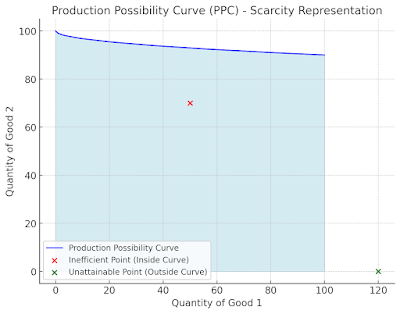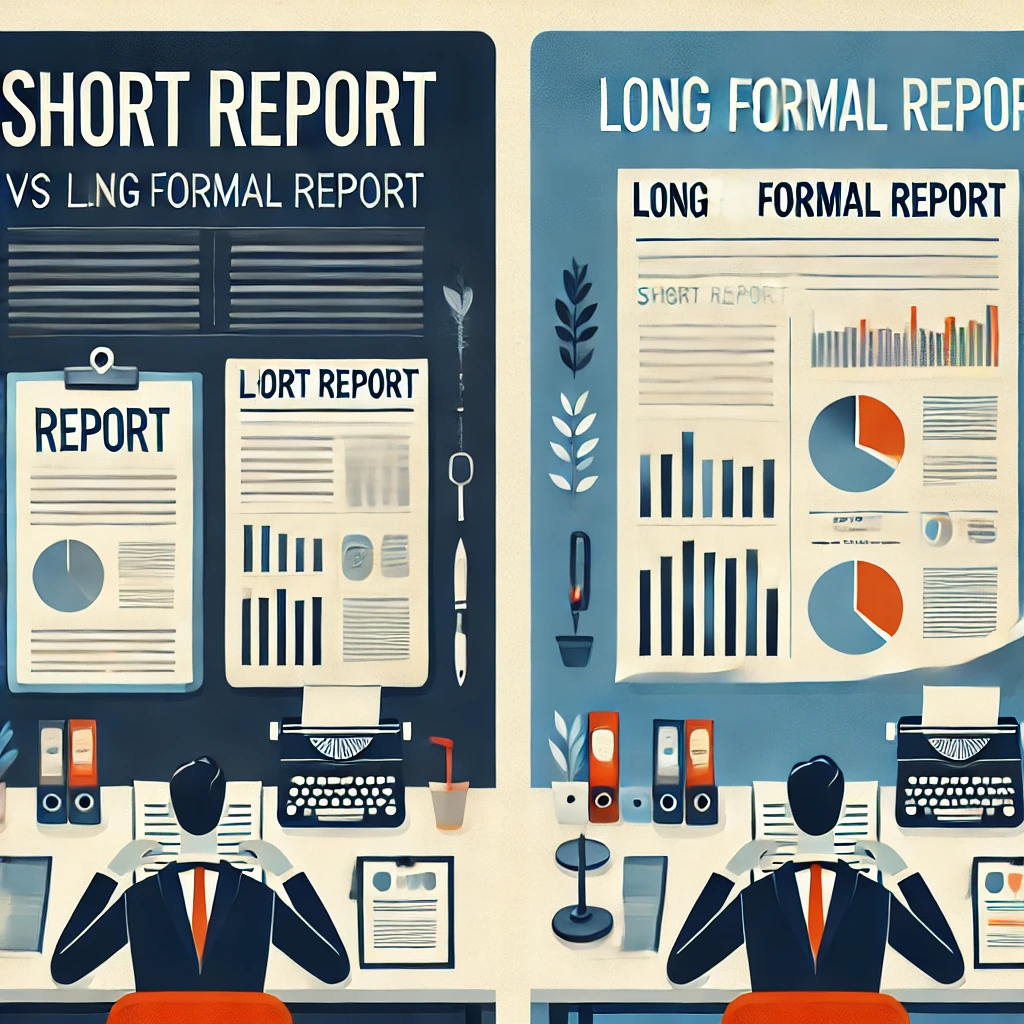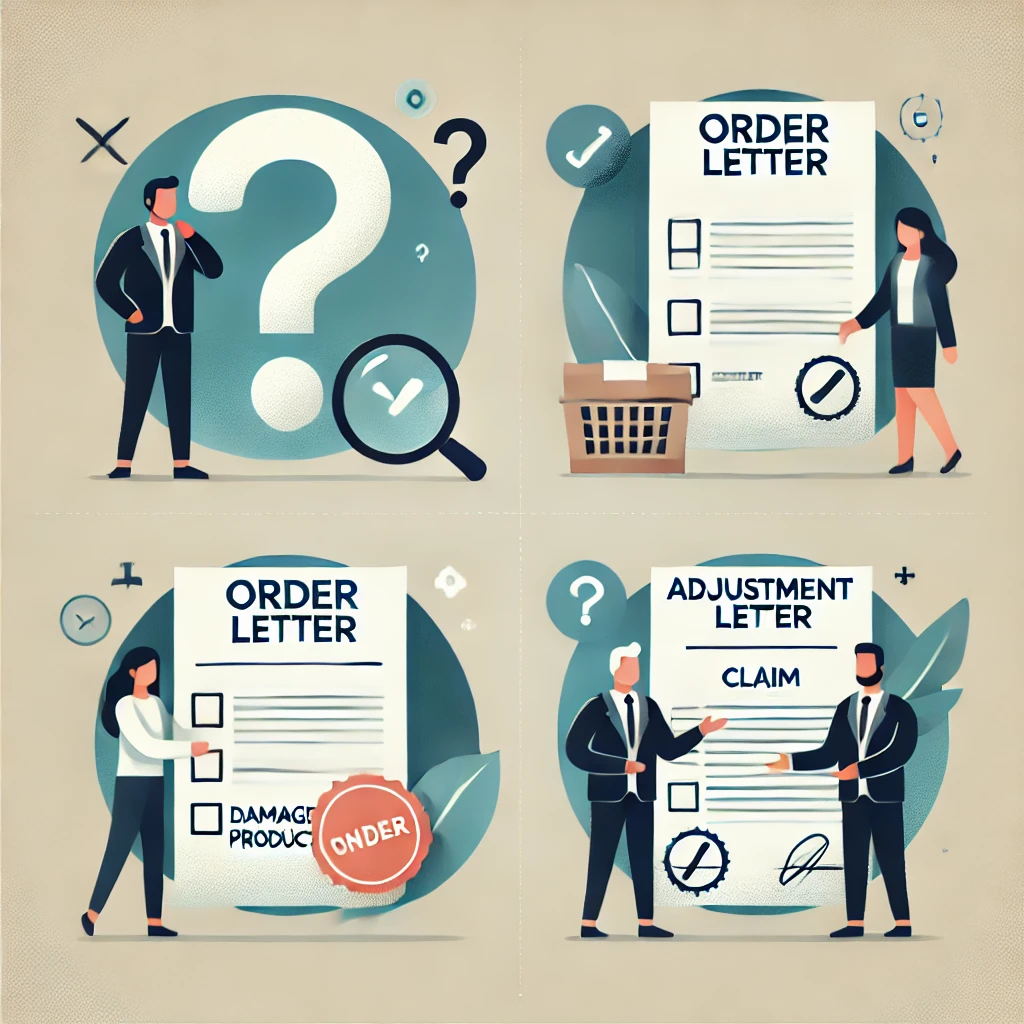📌 Scarcity in Economics: Meaning, Examples & Decision-Making
Scarcity is a fundamental concept in economics that affects everyone—individuals, businesses, and governments. It arises because resources are limited, but human wants are unlimited.
Understanding scarcity helps in making better financial and economic decisions.
📖 In this post, we’ll cover:
✔ What is scarcity?
✔ Why is scarcity important in economics?
✔ Real-life examples of scarcity
✔ How scarcity affects decision-making
🔹 What is Scarcity?
Scarcity occurs when demand exceeds supply, making it impossible to fulfill all human wants. Since resources like land, labor, and capital are limited, we must decide how to allocate them efficiently.
💡 Example: A country has limited oil reserves, but industries need more fuel. This creates competition & choices on how to distribute the resource.
📝 Key Features of Scarcity:
✔ Limited supply of resources
✔ Unlimited human wants
✔ Forces decision-making & prioritization
🔹 Why is Scarcity Important?
Scarcity forces people, businesses, and governments to make choices because they can’t have everything.
🔹 For Individuals: Deciding whether to spend or save money.
🔹 For Businesses: Choosing between production cost & profit maximization.
🔹 For Governments: Allocating budgets for healthcare, defense, or education
🔹 Real-Life Examples of Scarcity
✔ Water Scarcity – Many countries face clean water shortages due to climate change and overuse.
✔ Job Scarcity – High unemployment rates due to a lack of job opportunities.
✔ Land Scarcity – Cities have high demand but limited space, raising housing costs
🔹 How Scarcity Affects Economic Decisions
Since resources are limited, we must make choices based on opportunity cost—the value of the next best alternative foregone.
📌 Example: If the government spends more on military defense, it has less for education. The sacrificed education budget is the opportunity cost
🔹 Conclusion
Scarcity is a real-world problem that affects our financial, business, and government decisions. Recognizing scarcity and opportunity cost helps in making smarter choices.
💡 Want to learn more about economic concepts? Explore our blog for in-depth articles!
📌 Explore Related Posts:
✔ Definition of Economics – A complete guide to economic principles.
✔ Concept and Functions of Money – Learn about the role of money in the economy.
✔ Money Creation by Commercial Banks – How banks expand the money supply.
✔ Concept of Payment Systems – Learn about financial transactions & banking.
✔ Pros & Cons of Different Payment Types – Compare different payment methods.
🔹 What do you think about scarcity in daily life? Share your thoughts in the comments!




One thought on “Scarcity in Economics: Meaning, Examples & Decision-Making”